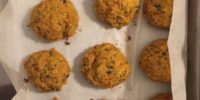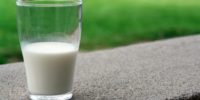The term FODMAP is the acronym that derives from Fermentable Oligosaccharides, Disaccharides, Monosaccharides And Polyols.
In simpler terms, they are a group of short-chain carbohydrates that are fermentable and poorly absorbed in the small intestine. FODMAPs are naturally present in food and in the human diet, and because they are not properly absorbed, they are a food source for the bacteria in the intestinal flora, which can cause discomfort.
So the main goal of the FODMAP diet is to reduce or eliminate these carbohydrate components that are present in your diet.
The FODMAP diet is recommended for people suffering from irritable bowel syndrome, celiac disease, Crohn's disease, or other digestive disorders.










